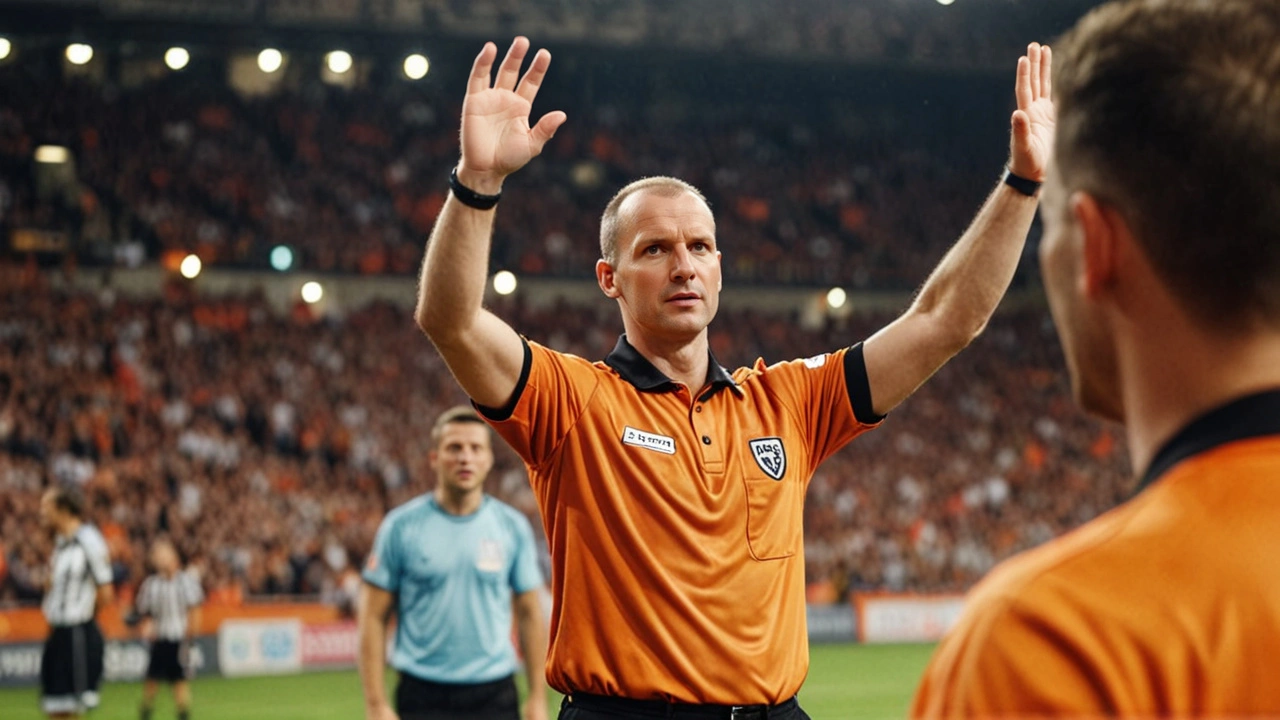Understanding Match-Fixing in Sports
Match-fixing happens when the outcome of a sports game is decided in advance by players, officials, or others involved, instead of letting the competition play out naturally. It’s a serious problem because it ruins the spirit of fair play and can damage fans’ trust in the sport. Imagine watching a thrilling game only to find out the result was fixed—it takes away the excitement and honesty.
So, what drives match-fixing? Often, it’s tied to illegal betting where big sums of money are involved. Those who manipulate the matches do it to win bets or get paid by shady groups. This corrupts the entire sport, making it less about skill and more about cheating. Players and referees who get caught face bans, fines, and sometimes legal trouble.
Why Fans Should Care
For sports fans, understanding match-fixing helps in spotting suspicious games and protecting the integrity of the sport you love. It’s not just a problem for athletes or organizers—it affects the whole community, including sponsors and broadcasters who support the games. When matches are fair, every pass, goal, or point is meaningful. But if fixing happens, fans get cheated out of real competition and true enjoyment.
Governments and sports bodies worldwide are working hard to prevent match-fixing. They use technology to monitor betting patterns and educate players on the risks. But fans can also play a role by staying alert, reporting suspicious activities, and supporting ethical practices in sports.
Keeping Sports Clean
To keep sports clean, transparency is key. Some leagues include strict rules and stiff penalties for anyone caught cheating. Plus, holding open conversations about match-fixing raises awareness. By understanding what match-fixing looks like and why it happens, you can appreciate the honest athletes who compete with heart and skill. It’s up to all of us to value fair play and ensure that every game is played on a level field.
